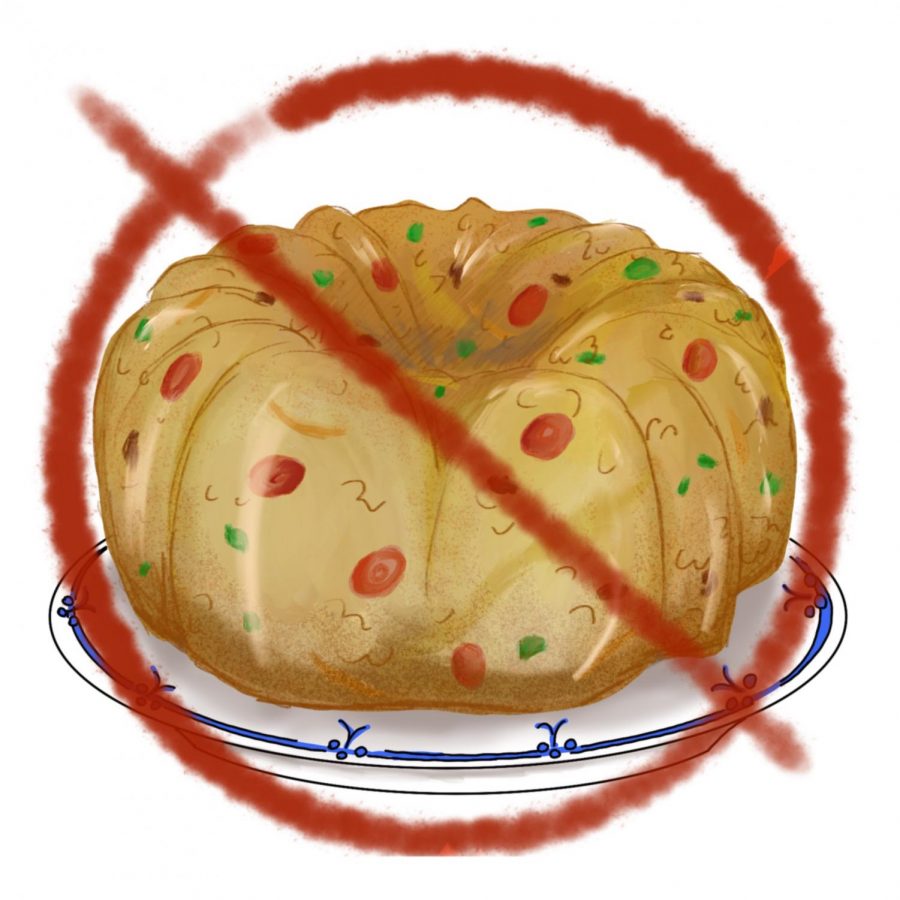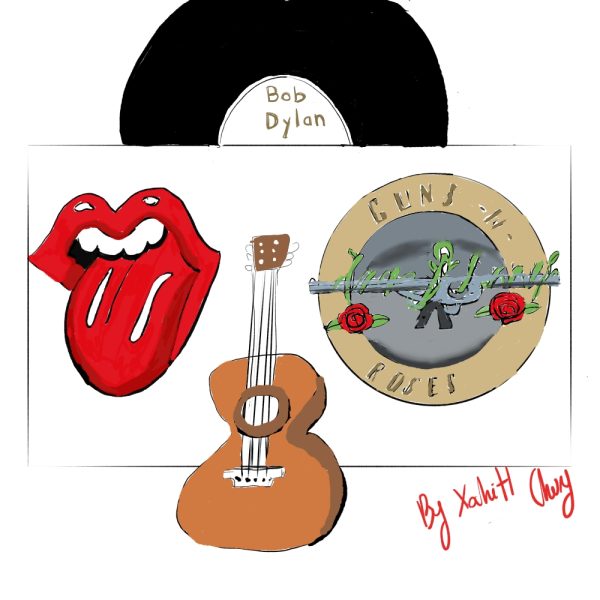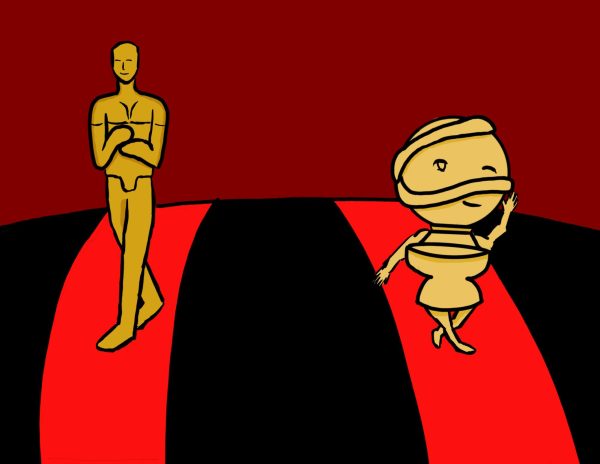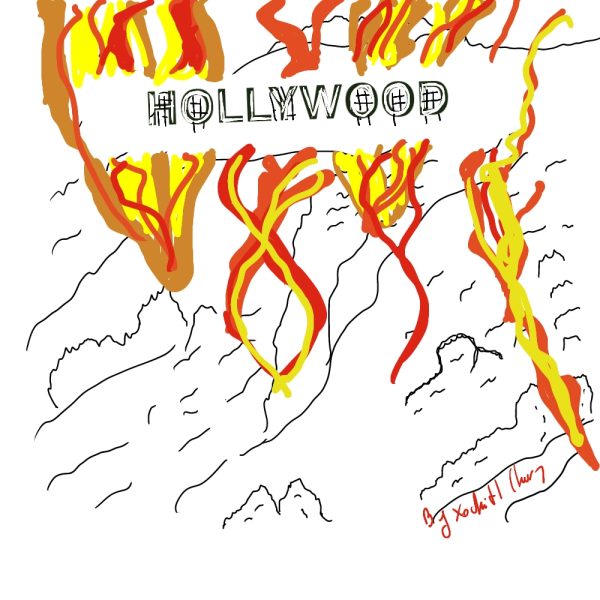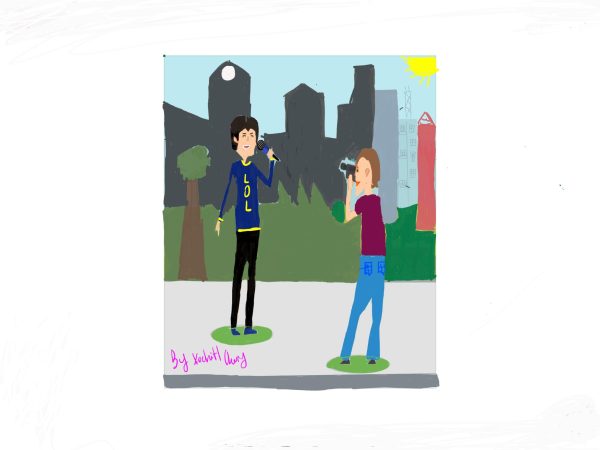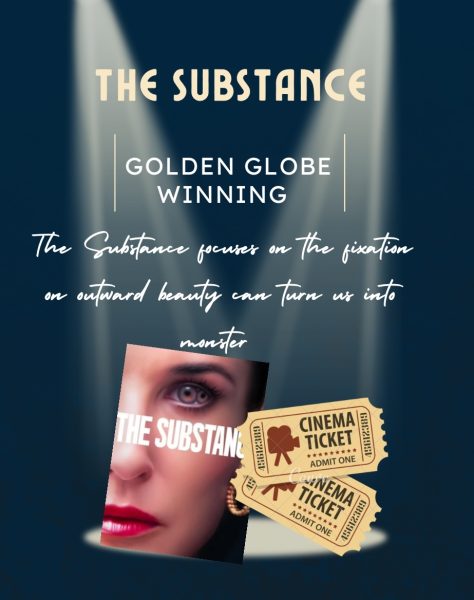Fruitcake makes a chewy comeback this year
Christmas: the most wonderful time of the year. But one staple of the holiday that many look down upon is the fruitcake. But what the general public often neglects to think about is how this came to be. Where did fruitcake come from? Why is it so often associated with Christmas? And what is with all the hate? The answers to these inquiries may prove to be quite the Holiday surprise.
Shockingly, fruitcake is older than Christmas itself. The earliest known recipe originated in Ancient Rome and was a barley cake featuring pine nuts, pomegranate seeds and raisins. However, it saw many changes during both the Middle Ages and the early settlement of modern-day America, which is when the most recognizable ingredients such as honey, candied fruits, and walnuts first came about. In 1913, a Texan company called Collins Street Bakery started mass manufacturing and selling fruitcakes across the nation, making it easier to obtain than ever before.
Fruitcake’s status as a historic holiday staple actually comes from the United Kingdom, specifically England. The Victorian Era saw a dramatic increase in the cake’s popularity, and became a favorite at all sorts of high-class events. Famous royals such as Princess Diana and Kate Middleton have even served fruitcakes at their weddings! However, it was most consistently featured during the Christmas season, a tradition that carried over to the American colonies through the years. But as the fruitcake became more widely available, its reputation as a well-liked dessert took a hard turn for the worse.
The exact point at which the fruitcake became ‘despised’ is unknown. However, the initial publicity of this attitude is often attributed to comedian Johnny Carson, who deemed it as “the worst gift” on a “Tonight Show” sketch back in 1985. Many began to start agreeing with this sentiment, a common complaint being against the cake’s density and overly saccharine flavor. Another key cause is the inevitable phasing out of fruitcake’s novelty. During the times at which the fruits often used in fruitcakes were rare, such as oranges and other citruses, fruitcakes were seen as a sign of wealth and status. However, as time went on, these fruits became less of a rarity, mass production of fruitcakes began, and the general public instead began viewing them as cheap and outdated.
Since then, the running gag of mocking fruitcakes became as widespread a Christmas tradition as baking cookies or decorating trees. One town in Colorado even has an annual “Great Fruitcake Toss”, in which people from all across the United States gather and hold a friendly competition to see who can hurl a fruitcake the farthest using various handmade contraptions. Regardless of what one’s opinions on this controversial confection may be, one thing has become quite obvious: the nostalgia and widespread understanding of it, like many Christmas traditions, is a sure way to brighten people’s holidays and keep their Christmas memories merry and bright.
Your donation will support the student journalists of Saint Viator High School. Your contribution will allow us to purchase equipment and cover our annual website hosting costs.



